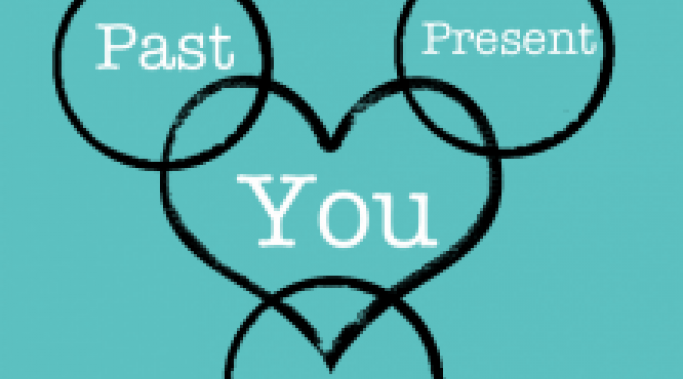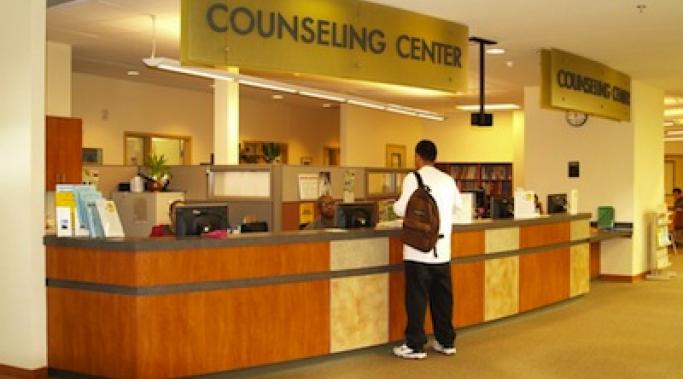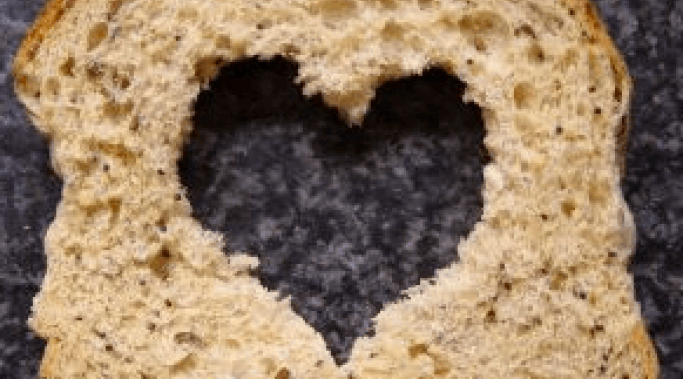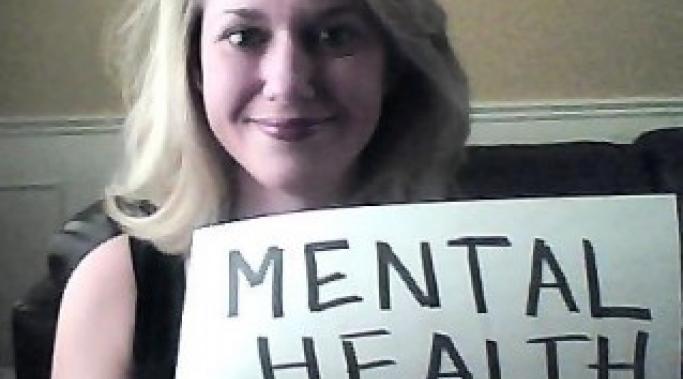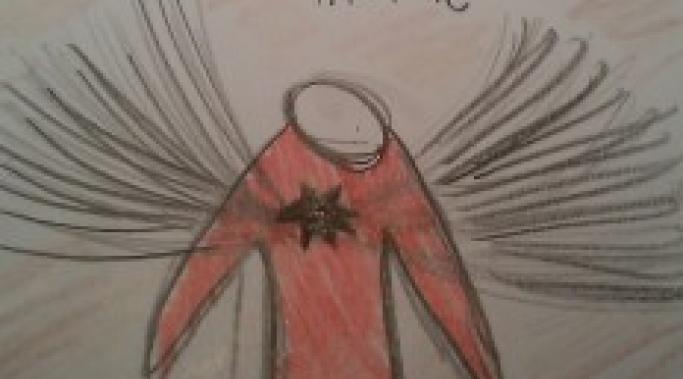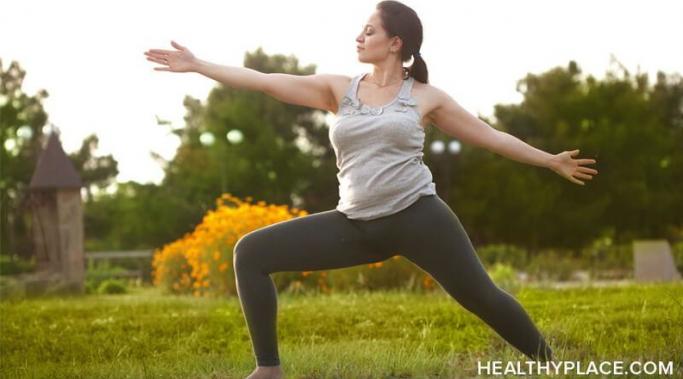Many times throughout the course of my eating disorder, I found myself listening to music that encouraged my disordered behaviors and thoughts. These songs are still indelibly marked in my brain and I can sing every word of them when they turn up on my iPod. The problem with this is that singing them only serves to cement the messages in my head. So when I started down the road to eating disorder recovery, I needed a new set of songs to sing along to.
Eating Disorders Recovery
Roughly 10 years ago this week, I was moving out on my own and attending graduate school. Many other big changes were happening at the same time in my life, but looking back, I can honestly say that those two had the biggest impact on my eating disorder spinning out of control around that time. It is no surprise that major life changes or transitions can, unfortunately, be triggers for a number of events or conditions in one's life, including eating disorders.
Here's a bit about my experience on this and how it related to my mental illness.
As a mental health advocate, I would like to share with you how it has been important to me to engage in conversations with other like-minded individuals suffering from a mental illness, and, in turn, share with them some of my own experience in battling my eating disorder, bulimia. I do not think it would have been possible to maintain my eating disorder recovery for a few years by now, without having shared some of my struggles with other people who could relate to my journey simply because they have had to cope with their own issues when it comes to mental health.
Throughout my numerous trips to treatment for anorexia, I have had the opportunity to connect with some amazing women. (While I have never been in a treatment facility with men, I have also met some amazing men through the course of my recovery.) Some of these women I met while they were still adolescents -- 14, 15, 16 years old. And this week, many of them are headed to college -- moving into dorms, meeting new people, taking harder classes. I'll be honest, I am scared to death that many of them are going to suffer an eating disorder relapse.
Jess Hudgens, my co-author on Surviving ED, wrote a powerful post last week where she compares, among other things, how feelings are similar to waves in that they won’t last forever. In discussing urges and coping skills experienced in eating disorder recovery, Jess highlights that feelings are what lies beneath urges when they surface.
Jess’s post immediately brought memories of a therapy session I once had, where I explored a "reframing" exercise for the first time. It was that instance where my therapist helped me reframe the beliefs I held about self-esteem and body image. Up until that point, the best way I could describe my state of mind was that I felt numb. On any given day, I couldn’t quite figure out how I felt. When I tried to articulate a so-called "feeling," I usually ended up with words like light, fat, heavy, small or little. Over time, my therapist helped me chip away at these words to uncover the actual meaning of them in relation to the eating disorder I was suffering from: bulimia.
One of the things that I have had to learn (over and over again) throughout the course of my recovery from anorexia, is that urges don't last forever. Regardless of how strong the desire is to use a certain behavior, it will pass and I can get through without derailing my eating disorder recovery. "How?" you might ask. That's right, folks -- we're talking about coping skills again.
Raised in a mixed French and Irish household, the stove was the center of my childhood. I guess that made me predestined to be a foodie who now enjoys food, wine, cooking and baking. As I made my way through eating disorder recovery, I also found myself taking comfort in learning how to prepare most of the foods I grew up with, but used to deny myself for many years. Often, people who meet me now are a bit perplexed about how I can balance a passion for food, knowing that I struggled with an eating disorder for a number of years. I thought I’d share a little bit of how this "works."
If you’ve read my blog for a while, you’ll remember that my eating disorder recovery started a little over 6 years ago when I found myself in the hospital, facing the physical consequences of binging and purging since I suffered from bulimia for most of my life as a young adult.
What I haven't focused on in previous posts, was that at the time I decided to get better, I didn’t have the resources to see a therapist, nor was our public health system available to help as I would have liked. So, not unlike many others facing an illness with a lack of adequate resources or treatment options, I did what I could on my own at first to pick myself up from rock bottom.
Deciding to recover from anorexia was not an easy decision. In my experience, it has been one step forward and three strides sprinting backwards. It was hard to make that decision and stick to it. And it was hard for family and friends to understand why I was so ambivalent about eating disorder recovery - after all, wasn't living with an eating disorder miserable? Why wouldn't I want to get better?
Two years ago this fall, I took a yoga workshop which dealt with inverted positions, such as headstands. There was a point in the workshop when we were asked to do an exercise which addressed our fears. This was not at all related to eating disorders, and it wasn’t therapy, but it was a profound experience for me.
I thought I'd share it with you today because it opened up my eyes and helped me deal with deep emotions which were holding me back at the time.


